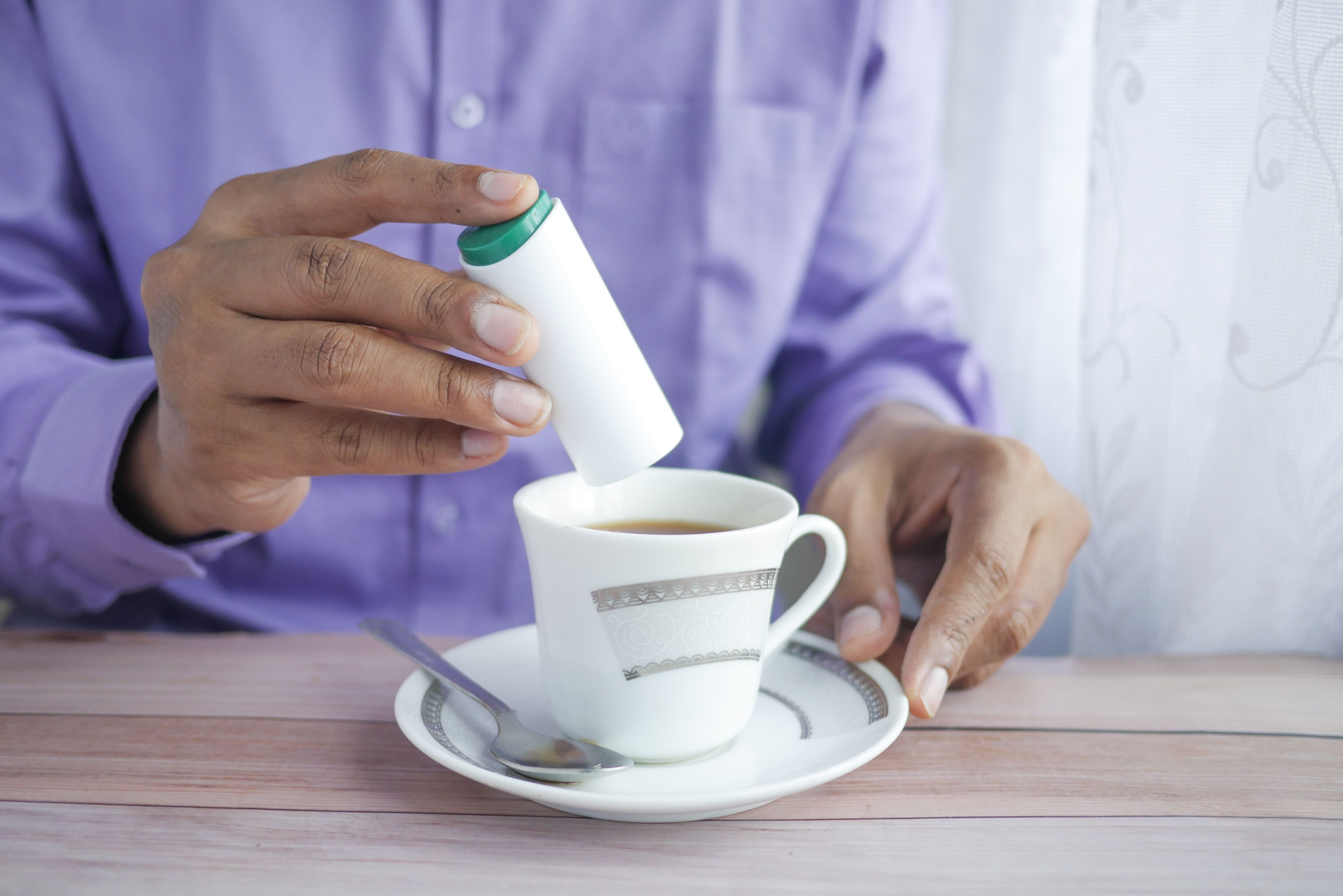Drinking Artificially Sweetened Beverages Raises Risk of Irregular Heartbeat, Study Finds
 |
| Illustration: onevillage.io |
A new study has found that drinking two liters or more per week of artificially sweetened beverages, such as diet sodas, raises the risk of atrial fibrillation (A-fib) by 20%. A-fib is an irregular heartbeat that can lead to serious health complications. The study also found that consuming added-sugar beverages increased the risk of A-fib by 10%. However, drinking pure, unsweetened juices was associated with an 8% lower risk of A-fib.
| Illustration: www.healthguide.net |
This study is the first to report an association between no- and low-calorie sweeteners, as well as sugar-sweetened beverages, and an increased risk of atrial fibrillation. The findings remained significant even after considering genetic susceptibility to the condition. However, more research is needed to fully understand the health consequences of these beverages on heart disease and other conditions.
Given the risks associated with sweetened drinks, the study's author recommends limiting or avoiding no- and low-calorie sweetened beverages. Water is the best choice for hydration. While the study does not definitively conclude that one beverage poses more risk than another, reducing or avoiding artificially sweetened and sugar-sweetened beverages is recommended whenever possible.
 |
| Illustration: askthenurseexpert.com |
Atrial fibrillation is the leading cause of stroke in the United States, and strokes linked to A-fib tend to be more severe. The condition can also lead to blood clots, heart failure, and other long-term health risks. The rate of atrial fibrillation in the U.S. population is increasing, primarily due to the aging population and other risk factors such as obesity, high blood pressure, and diabetes.
The study analyzed data from over 202,000 people and found that higher consumers of artificially sweetened beverages were more likely to be female, younger, and have a higher prevalence of Type 2 diabetes. Those who drank sugar-sweetened beverages were more likely to be male, younger, and have a higher prevalence of heart disease. However, the study's findings cannot definitively conclude that one beverage poses more risk than another due to the complexity of our diets.
| Illustration: www.phcc.org.nz |
Based on the study's findings, it is recommended to reduce or avoid artificially sweetened and sugar-sweetened beverages whenever possible. It is important not to assume that low-sugar and low-calorie artificially sweetened beverages are healthy, as they may pose potential health risks. Further research is needed to fully understand the implications of these beverages on overall health.

Tidak ada komentar